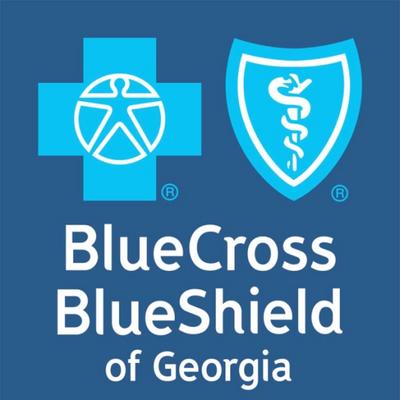Under ERISA there are ways to have a bona fide AHP however the rule set forth by the DOL under President Trump vastly expands this definition.
In a 43 page opinion Judge Bates sided with the plantiffs on several different points including: economic harm and increased regulatory burden.
Yes, the plantiffs are saying they will lose tax revenue from ACA, have increases in uncompensated care, and will also suffer from increased regulatory burden.
While this is a definite hit to AHP's, it should be noted that the DOL is very likely to ask for a stay and to appeal this decision.
As for the 11 states and D.C., well, they feel like winners. By winning they are screwing small businesses and sole proprietors all across the country out of affordable alternatives that limit them to ACA plans that government says are best.


















